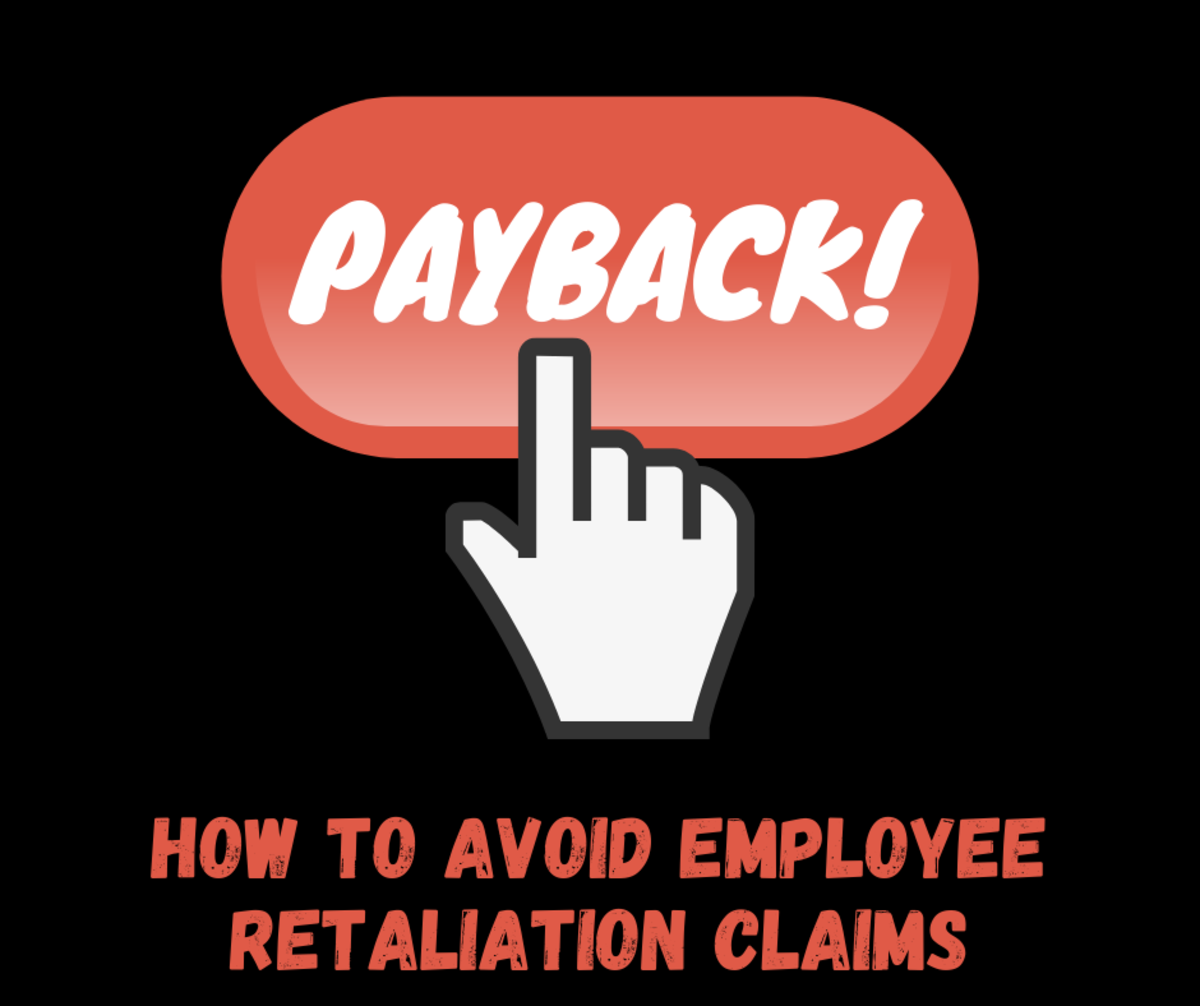Employer Alert: GINA Regulations Impact Common Employment Practices
Have you ever had a discussion like this with one of your employees:
Employee: "I wanted to let you know I'll need to take some family medical leave in the near future. My mother was just diagnosed with [insert name of loathsome disease here]."
You: "I'm so sorry to hear that. Take whatever time you need. This must be very difficult for you and your family. Is [loathsome disease] hereditary?"
No matter how well-intentioned your reply may have been, you may be surprised to learn that you have just violated the Genetic Information Nondiscrimination Act (“GINA”).
GINA, which applies to private employers with 15 or more employees, makes it illegal to discriminate based on genetic information. The law prohibits the use of genetic information in employment decisions and restricts an employer’s ability to request, require, or purchase genetic information. GINA also requires employers to treat all genetic information as confidential medical information and strictly limits its disclosure. The Equal Employment Opportunity Commission ("EEOC") has issued regulations implementing GINA, which took effect in January 2011 and impact a number of common employment practices.

Understanding the legal requirements
Under GINA and the EEOC regulations, the term “genetic information” is broadly defined. As might be expected, it includes any information about an individual’s genetic tests. It also includes information about the genetic tests of the individual’s family members and the manifestation of a disease or disorder in any of the individual’s family members.
The term “family members” also is defined broadly and includes persons related to the employee from the first to the fourth degrees, from parents, siblings, and children (first degree relatives) to great-great-grandparents and first cousins once-removed (fourth degree relatives).
The rationale for including family medical history within GINA's protections is to prevent discrimination based on concerns that the employee has an increased risk of developing a disease in the future. Medical history of the employee's spouses and adopted children also is included within GINA's scope to prevent discrimination because of concerns over potential health care costs related to such individuals.
Because of the regulation's broad definitions, employers must take care to ensure common employment practices do not run afoul of the law. For example, employers regularly ask employees to provide medical information for such lawful purposes as certifying the need for medical leave or providing reasonable accommodations to disabled employees. A response to these general requests for medical information may result in the disclosure of genetic information.
The GINA regulations say that the disclosure of genetic information in response to a general request will be considered inadvertent and not a violation of the law if the employer includes an instruction in the request that genetic information should not be included in the response. The specific language to be used in this "safe harbor" instruction is found in the regulations at 29 CFR section 1635.8 (see link).
Many employers also offer wellness programs as a way to reduce employee health care costs and provide financial inducements to employees who participate. Such programs typically include an assessment component in which employees are asked about their family medical histories as a means to identify and mitigate potential health risks. These programs are not unlawful under GINA provided the provision of genetic information is voluntary and there is no penalty for employees who choose not to provide the information.
For example, if an employer offers a reduced medical premium to employees who complete a health risk assessment that includes certain questions about family medical history, the employer must make clear that respondents need not answer those questions in order to receive the reduced premium. Also, the employer may not receive or use any individually identifiable genetic information as part of the program.
Perhaps the biggest GINA trap for unwary employers is found in the informal interactions between supervisors and employees. When an employer inadvertently obtains family medical history through innocent means, like the information volunteered by the hypothetical employee above, it is not a violation of the law. It also is not illegal for the supervisor to respond with an ordinary expression of concern for the employee's well-being. However, when the supervisor asks the probing follow-up question ("is it hereditary?"), an otherwise permissible disclosure becomes illegal.
Likewise, while it is lawful for a supervisor to receive unsolicited genetic information about an employee from third party or external sources (such as overhearing a discussion between concerned co-workers or seeing an employee's Facebook status update), it would be unlawful for the supervisor to actively seek out such information, whether by eavesdropping on conversations or by conducting specific Internet searches.
How to comply with GINA: Five things every employer should do immediately
1. Update your equal employment opportunity and no harassment policies to forbid discrimination or harassment on the basis of genetic information. The policy should specify that no employment decision, including decisions related to hiring, firing, pay, job assignments, promotions, layoffs, training, fringe benefits, or any other term or condition of employment, may be based on an employee's genetic information. Additionally, the policy should strictly prohibit offensive or derogatory remarks about the genetic information of an employee or an employee's family member. Finally, the policy should prohibit retaliation against an employee who complains about genetic information discrimination.
2. Update any forms used to request medical information, such as FMLA certification forms for the serious health condition of the employee or return-to-work releases, to include the regulatory "safe harbor" instruction set forth in the regulations. (Note that the GINA regulations do allow employers to acquire family medical history when an employee requests FMLA leave to care for a family member with a serious health condition.)
3. Review any wellness programs that you offer to make sure employees are not required to provide genetic information as a condition of participation and are not being penalized for failing to provide such information.
4. Educate all managers and supervisors to be aware of GINA's requirements and prohibitions. The training should provide guidance on how to respond to voluntary disclosures of genetic information and include the regulatory distinction between ordinary expressions of concern and probing questions.
5. Maintain any genetic information in the employer's possession in a separate, confidential medical file apart from the employee's personnel file. If you already use a separate file to maintain other medical information in compliance with the Americans with Disabilities Act, you may use the same file for genetic information.
GINA adds a whole new level of complexity to an already broad body of employment law and regulation. When in doubt on how to navigate this regulatory morass, it is best to consult with your company's legal counsel.








